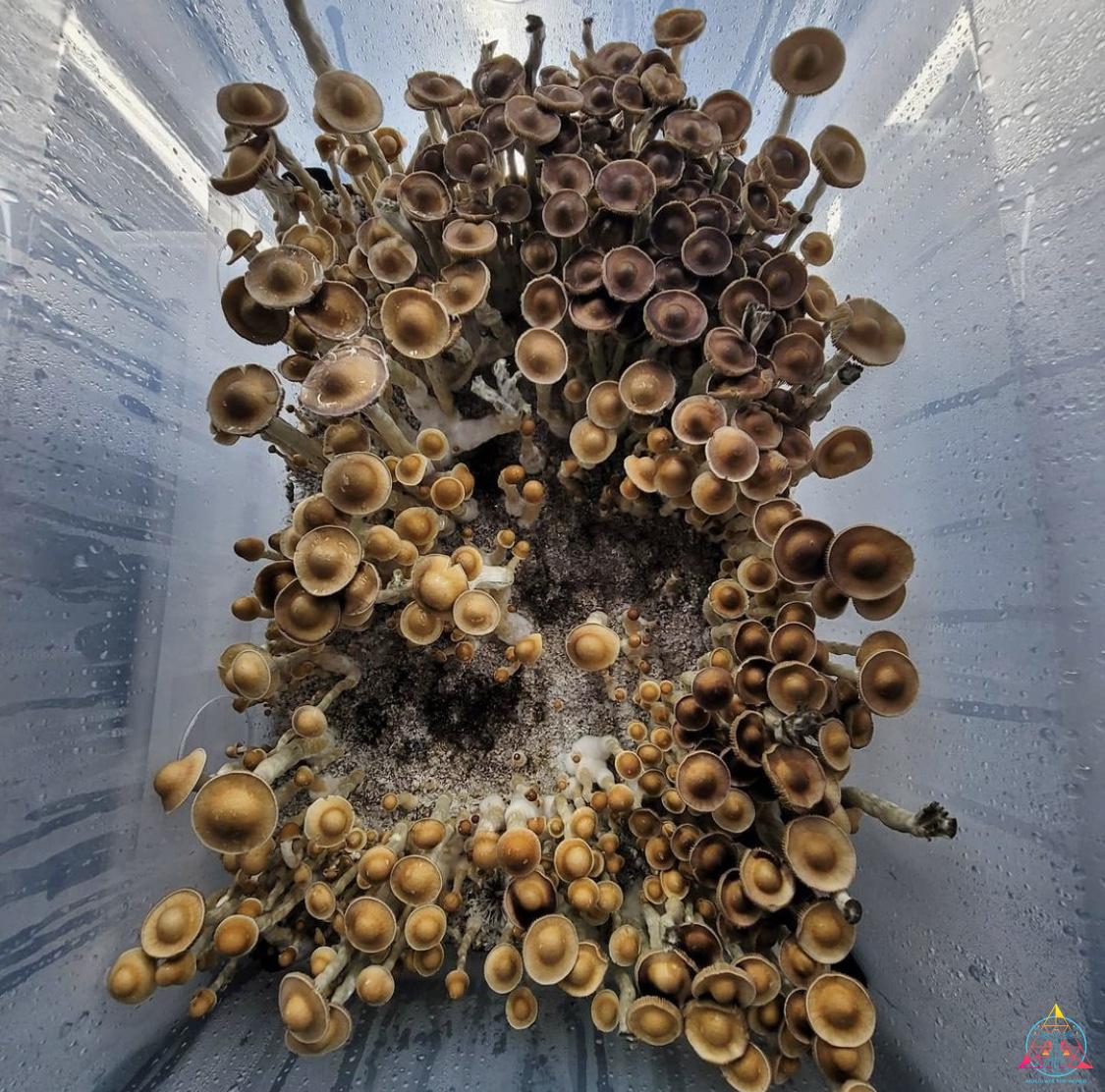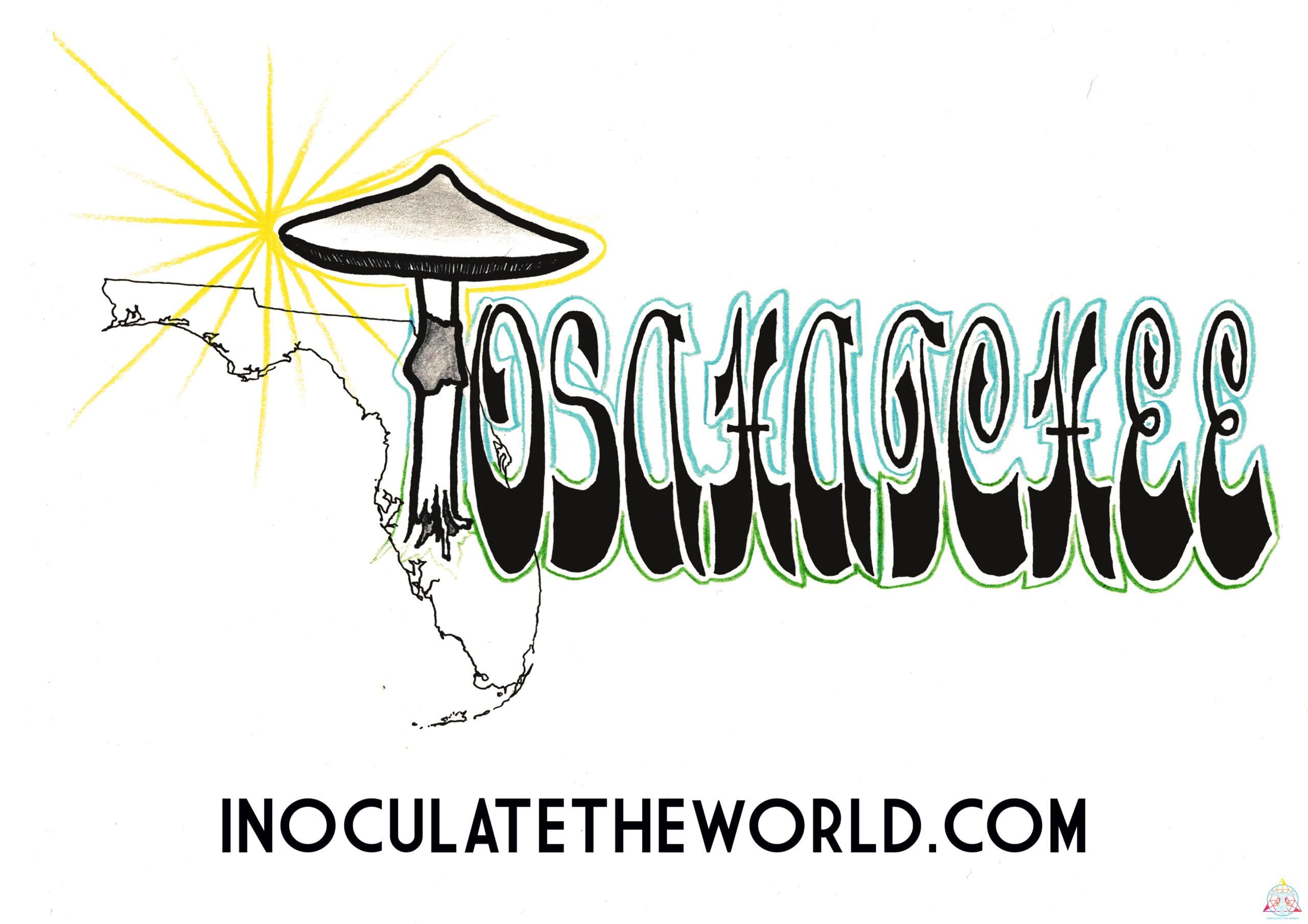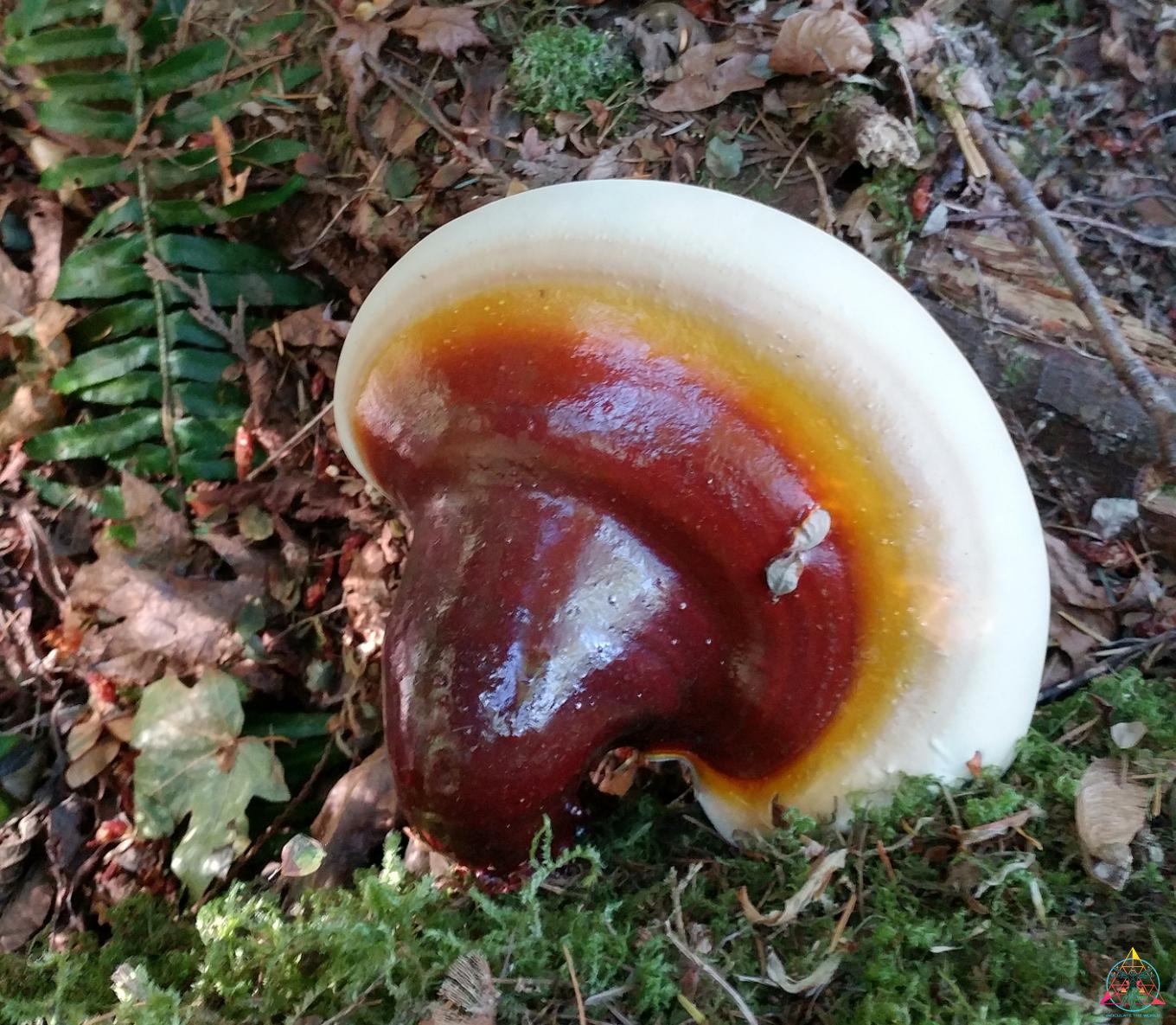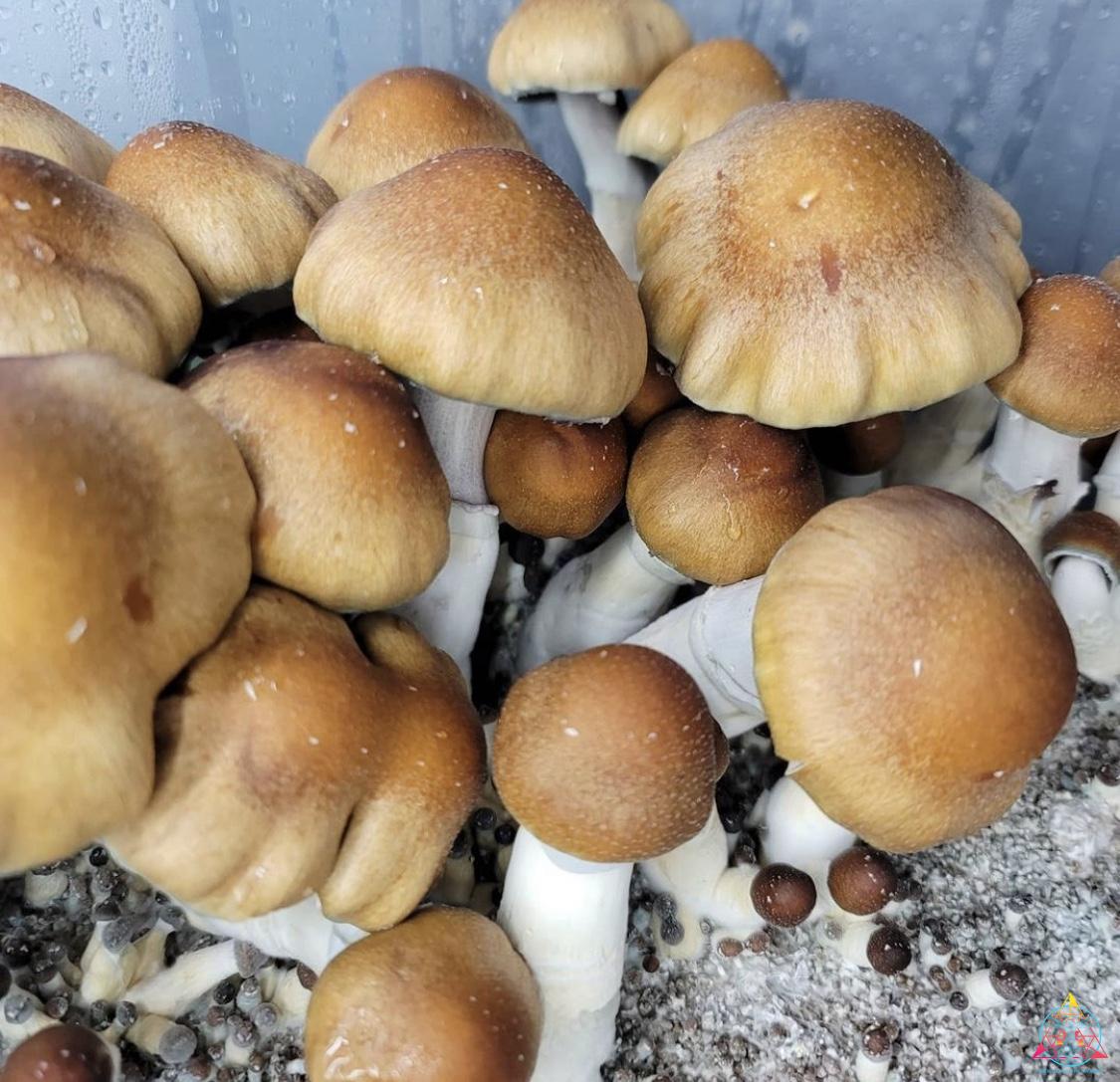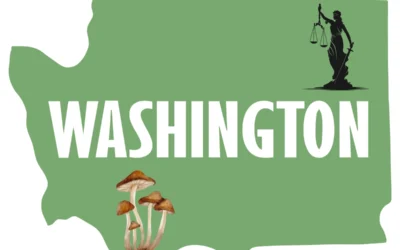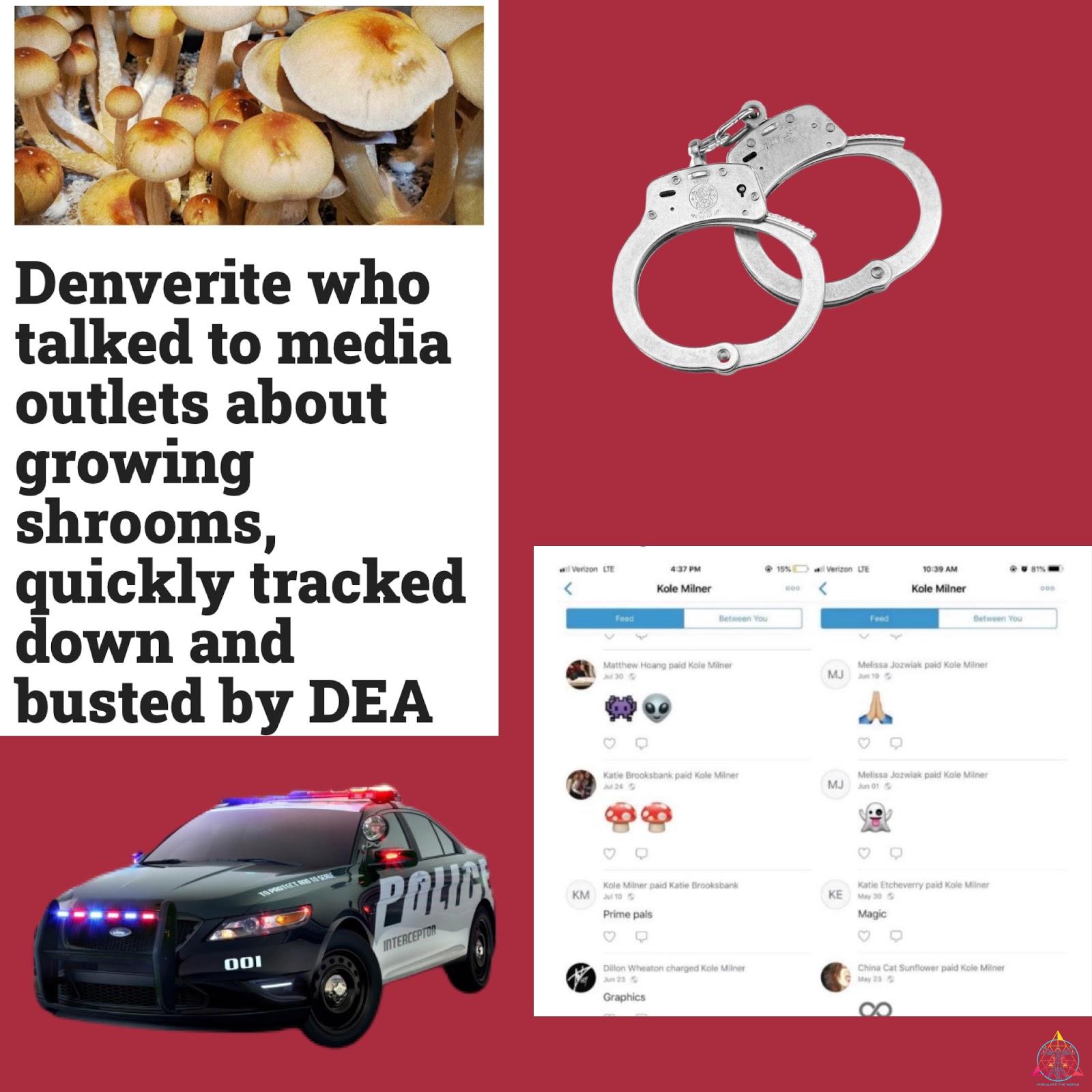
This story was written by Seth Austin of ITW.NEWS.
The Denver post reports: ‘The young man with a tent full of psychedelic mushrooms in his closet isn’t worried about the cops.
“Basically, everything in my apartment’s legal — so I feel safe in that aspect,” he said. “It’s just mycelium and the mushroom.”
Three months ago, Denver voters approved some of the nation’s first legal protections for psychedelic mushroom users. Also known as psilocybin, drug reformers see the substance as the next frontier after cannabis. It’s the subject of a popular new book and promising therapeutic research studies at Johns Hopkins University and elsewhere, but the first steps of decriminalization also have prompted worries about regulation and substance-use culture.
In Denver, the initial change has been subtle — there will be no legal mushroom shops. But there already are therapists to deal with traumatic trips, guides to light the way through the psychic depths, lawyers, lobbyists and, of course, fungal cultivators. Amid the confusion and intrigue of a unique new law, the spores of a new micro-economy have landed.
Instead of plastic baggies, he packages his stuff in the same canisters and bags as the cannabis industry — complete with his custom logo. He sells the shrooms, sometimes in pill capsules or chocolates, to a network of about 20 people. The entire setup cost him $550, and he’s on track for $2,000 a month in sales, including to two people who are dealing with PTSD.
“I was kind of just tired of being broke. To live in Denver, you’ve got to have a second or a third income,” he said. He knows that selling the drug remains a prosecutable felony that could carry years in prison, and the city’s new laws offer no protections for the sale of the drug — but he has the leeway he needs to feel safe, he said.
Denver Initiative 301 discourages police and prosecutors from targeting users of psychedelic mushrooms. It makes mushroom possession the cops’ “lowest priority” and forbids the use of city resources in prosecutions. So far, it has worked. The city has reported no psilocybin charges since its passage in May. Suspected psilocybin was found in six cases, but they were charged instead with other offenses.
One person was forced to give up a bag of suspected mushrooms at Denver International Airport, but there was no arrest, and the district attorney refused the case.
In early discussions, city officials are embracing the new law — unlike their hostile reaction to early cannabis decriminalization measures in the 2000s, according to Sean McAllister, general counsel for the Decriminalize Denver campaign and a longtime drug policy reformer.
“The general attitude has been that they intend to respect the will of the voter, and they do not intend to prosecute anybody (for possession),” he said.
But the drug is not truly legal, even if its users are far less likely to be prosecuted in Denver now. Even simple possession remains a felony punishable by 6 to 12 months in prison — if the city attempted to prosecute, as it did in the early cannabis days. With so many unresolved shades of gray, psilocybin entrepreneurs and advocates are proceeding with caution.
“There’s some opportunities here but they are fraught with danger,” McAllister explained. “It might turn you into a test case.”
The most lucrative, and most illegal, business may be growing and selling the drug. The new law offers no protections for dealers, and reformers like McAllister say they don’t want to encourage sales. If caught selling, a cultivator could face 2 to 32 years in prison, according to the Colorado Legal Defense Group.
But there’s plenty of motivation, especially as renewed public interest drives demand for a relatively rare drug. “There’s a high demand, but not really a high supply,” said the Denver cultivator, who charges $30 for an eighth of an ounce, which is a fairly typical dose.
One challenge for police is that cultivation can be stealthy and simple. The cultivator bought some of his magic mushroom spores, likely in the form of spore syringes or prints, legally on the internet. And shrooms don’t need the same high-powered lights as cannabis.
“It’s not like marijuana, where we have neighbors complaining of odors, where you’ve got these 50-pound bags of marijuana going places,” said Denver Police Department Cmdr. James Henning. “It’s unlikely we would get called on complaints of cultivation of mushrooms, the same way we would on marijuana.”
It also could be difficult for police to prove whether someone is selling the drug. The measure doesn’t set weight limits for possession on personal use. Instead, officers will work with city and district attorneys on a “case-by-case basis,” according to Ryan Luby, a spokesperson for the city attorney’s office.
“I don’t know why they would be (looking for me), honestly,” the cultivator said. “It’s not like you caught me on a middle school playground. I distribute to consenting adults.”’ -end of Denver post
Beginning of West World Article
A federal judge won’t send Denver mushroom dealer Kole Milner to prison, instead sentencing the 29-year-old to three years of probation and a $5,500 fine.
“I don’t think putting this guy in prison for six months is going to accomplish much in terms of deterrence, or that it will benefit the community in terms of safety, or that it will provide any kind of benefit for the defendant,” Judge R. Brooke Jackson of the U.S. District Court of Colorado said at the February 1 sentencing hearing for Milner. “I don’t see this guy being in prison.”
Federal prosecutors had asked that Milner, who pleaded guilty in September 2020 to one count of possession with intent to distribute psilocybin, the active ingredient in psychedelic mushrooms, be sentenced to six months in prison.
In arguing for the imposition of a prison sentence, Conor Flanigan, who prosecuted the case for the U.S. Attorney’s Office for the District of Colorado, noted that Milner “bragged” about his mushroom dealing to local and national media outlets.
In fact, Milner’s interviews with reporters and the articles that resulted, in outlets such as Westword and the Denver Post, created a trail of breadcrumbs for Drug Enforcement Administration agents, who were able to identify Milner through the pieces. In September 2019, DEA agents raided Milner’s south Denver apartment and walked out with 906 live psychedelic mushrooms and 291.6 grams of dried psychedelic mushrooms.
The raid took place four months after a slim majority of Denver voters approved decriminalizing the personal possession, use and growth of psychedelic mushrooms. The ballot measure did not decriminalize dealing mushrooms, nor did it bind federal law enforcement authorities in any way.
Milner was something of a small-time dealer, with around twenty clients. Still, Flanigan argued that a prison sentence would send a message that “simply because [mushrooms] are decriminalized in Denver or simply because you may feel they have benefits, you can’t engage in this conduct.”
But Judge Jackson ended up granting Milner’s request that he be sentenced to probation, citing Milner’s lack of criminal history and the fourteen letters the judge had received from various friends and family members testifying to Milner’s good character. Additionally, since his arrest, Milner has moved in with his family in Kansas City and has gotten involved in the car business with his father, Jackson said.
Even with probation, though, Milner will now have a felony on his record that “will never go away,” Jackson noted.
Milner admitted during the sentencing hearing that he had been “extremely naive” to accept all the media interviews and to start growing and selling mushrooms.
“I was just dumb about it. I completely threw myself under the bus. My ego had betrayed me during that time. I didn’t see the consequences that I’m in now. My head was in the clouds. I shouldn’t have done any of it,” Milner said. “I never want to be in this position again, and I know I can live the rest of my life following the
law”
“Mr. Milner, stay out of trouble, sir,” Jackson advised after sentencing.
“Thank you, your honor. I will,” Milner responded.
The federal government views mushrooms as a Schedule I substance, which the feds categorize as a substance with “no currently accepted medical use and a high potential for abuse.” Mushroom advocates have long publicized the mental health and spiritual benefits of mushrooms, and tend to find this categorization of psychedelic mushrooms to be comically inaccurate.
At the sentencing hearing, Jackson noted that the crime to which Milner pleaded guilty “somewhat incredibly” had a sentencing range of up to twenty years in prison and $1 million in fines.
“It goes to show that sometimes these statutory ranges are way out of touch with the reality of a particular case,” the judge said.
In response to the sentencing, U.S. Attorney Jason Dunn offered this: “While we are disappointed that the sentence did not include prison time, we are pleased that his drug operation is shut down, that he will now have a federal felony conviction on his record, and perhaps most importantly, that the public sees we take drug trafficking of any kind seriously and will prosecute such cases fully.”
-Austintacious
We’ve found plenty of examples showing off how law enforcement tracked him down via press releases and court documents from this case.
Milner bragged about the money that he had made selling mushrooms openly online.
Milner wore a t-shirt with his Happy Fox mushrooms logo in public and on personal pages.
He also told many people he was the grower in the stories.
Openly discussing sales and cultivation on several local and National interviews.
Milner kept his Venmo feed “public,” so the DEA saw payments from people for “magic” and mushroom emojis.
He had fallen into a controlled buy.
The culmination of these facts allowed a judge to issue a warrant for search and seizure of any and all illegal substances inside the house.
With the district attorney pushing hard for mandatory prison time, it was surprising to me that the judge let him off. Upon further inspection, this judge Jackson has consistently ruled in the favor of “the little guy”. Judge Jackson recently passed restraining orders against Denver police barring use of weapons against protestors, as well as a record of disregarding sentencing guidelines and skirting mandatory minimum sentences.
I hold in my heart that the only reasons he got off is because his family had money to send him back to Kansas City to work for their car dealership. I truly do not believe many people will get off this lucky. As much as I want to think this will set a precedent, this judge has shown to go against the grain. The moral of the story is don’t do two stupid things at once.
Thanks for reading this story from Seth Austin of ITW.NEWS.
Related Articles
Washington’s New Psilocybin Therapy Bill & The Future of Legal Mushrooms
At the beginning of this year, Senator Jesse Salomon along with thirteen co-sponsors, filed Senate Bill 5201. This bill would allow for psilocybin-assisted therapy in Washington State. If passed, it would structure regulations for licensed therapeutic programs using...
What Are Rust Colored Mushroom Spores?
Rust spores are cubensis mushroom spores which have turned red, orange, or reddish-brown due to a genetic mutation. When you think of Psilocybe cubensis, you’d typically expect a dark brown or purple spore print, but this is not always the case. Rust mushroom strains...
How to Grow Chestnut Mushrooms
Learn how to grow chestnut mushrooms indoors from scratch in 7 simple steps, from making substrate & grain spawn to ideal fruiting conditions.




